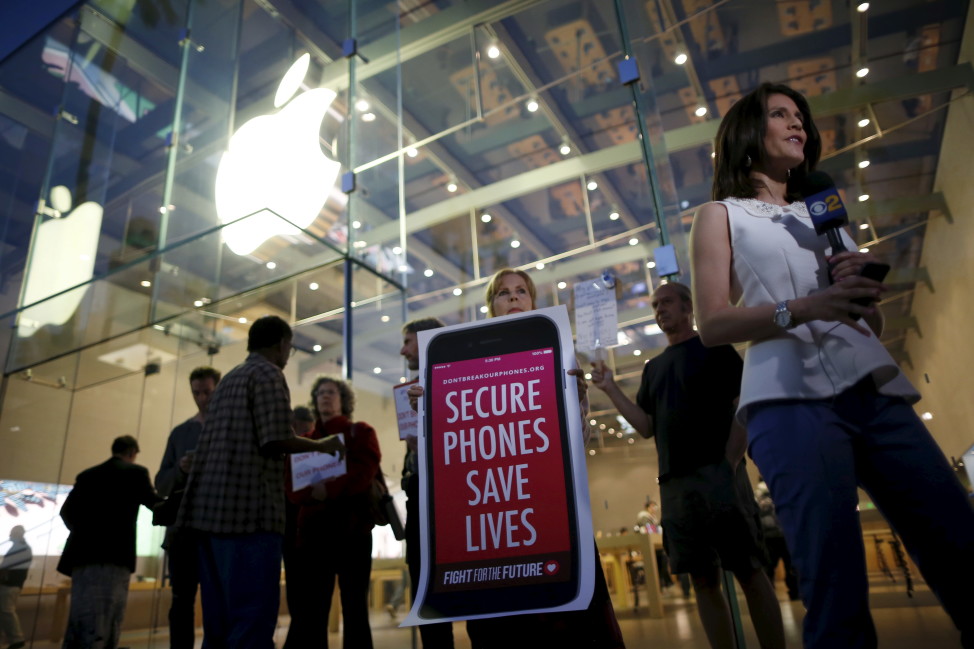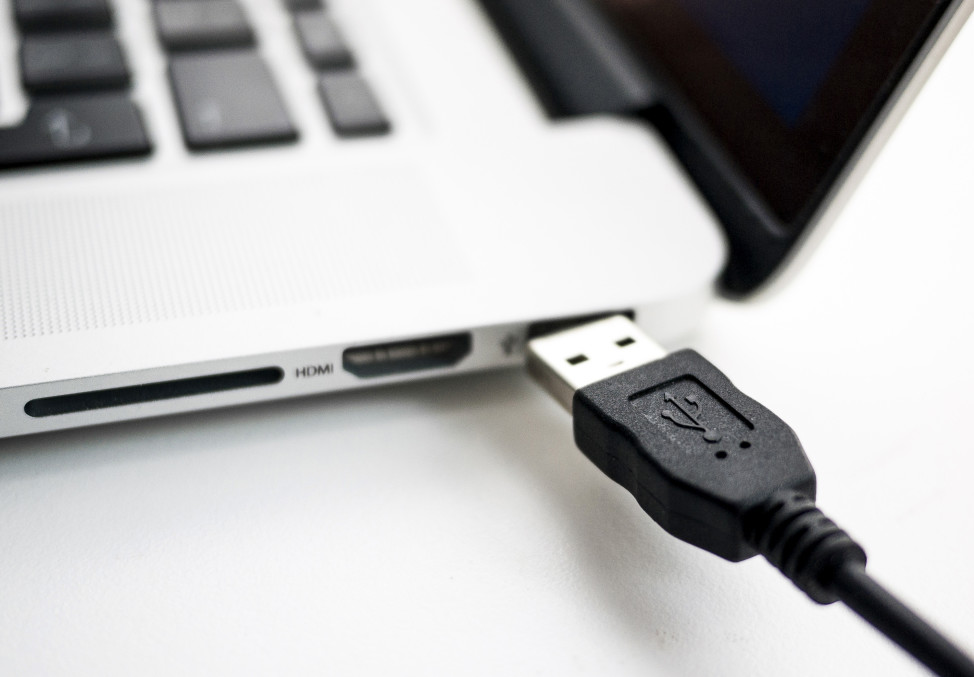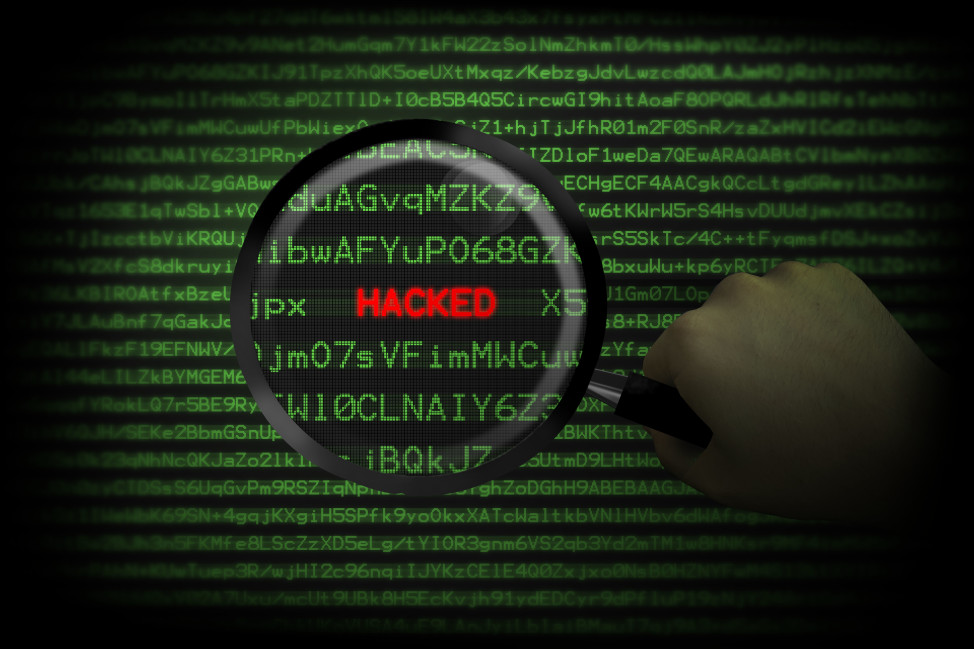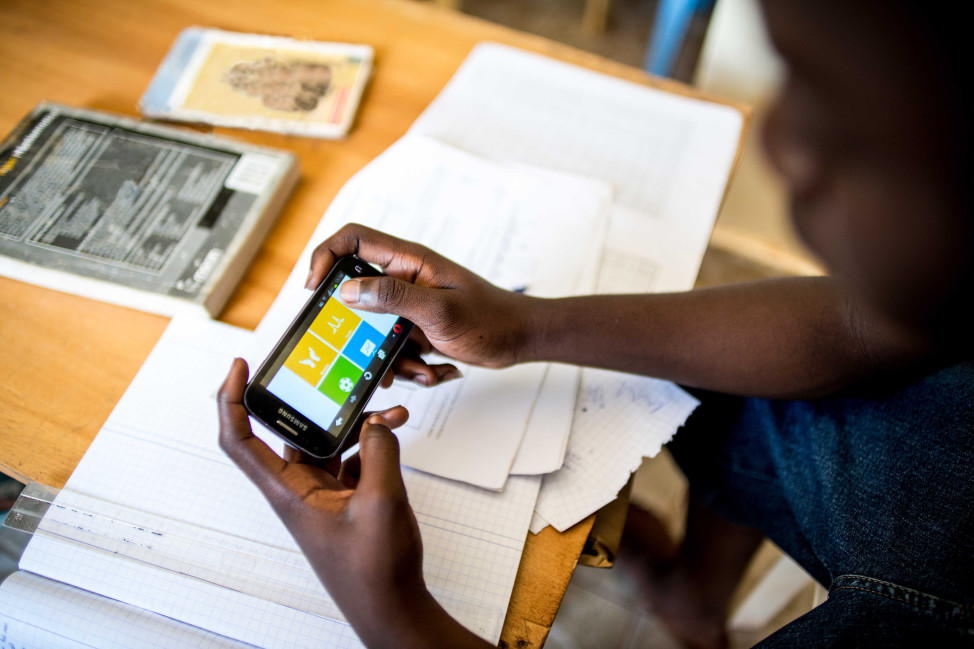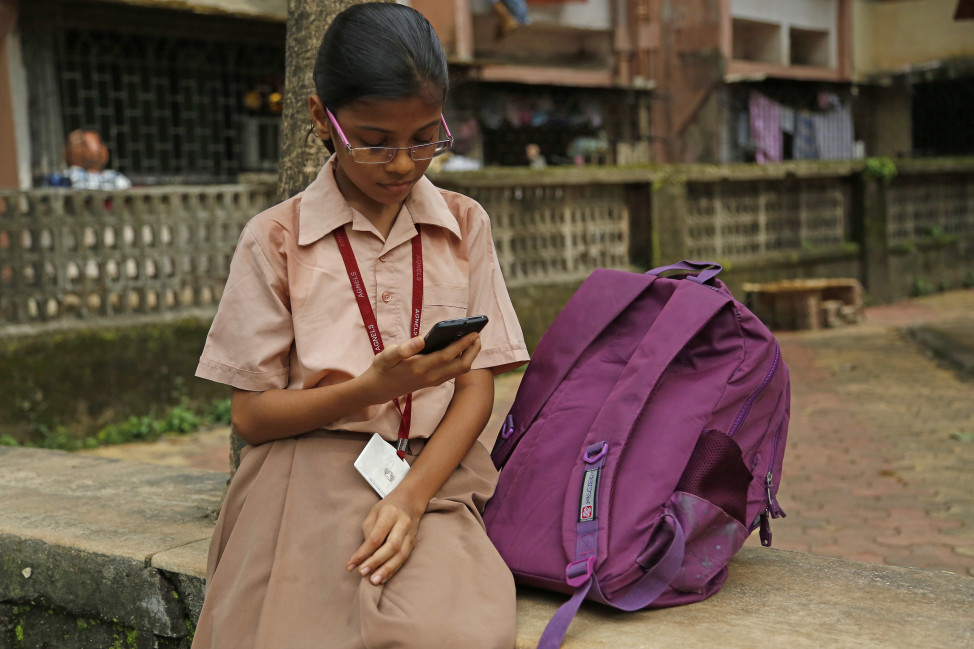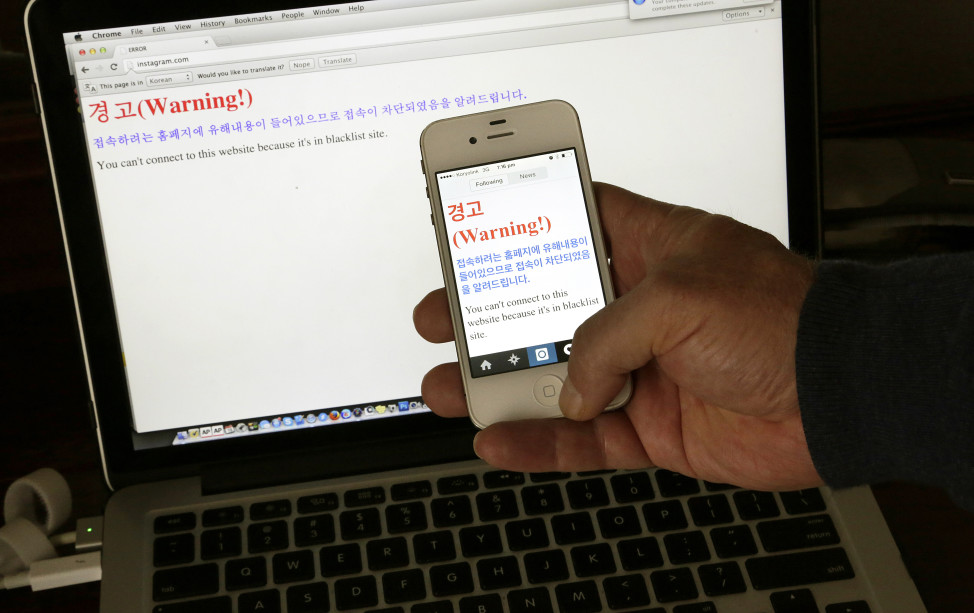Posted February 19th, 2016 at 11:03 am (UTC-5)
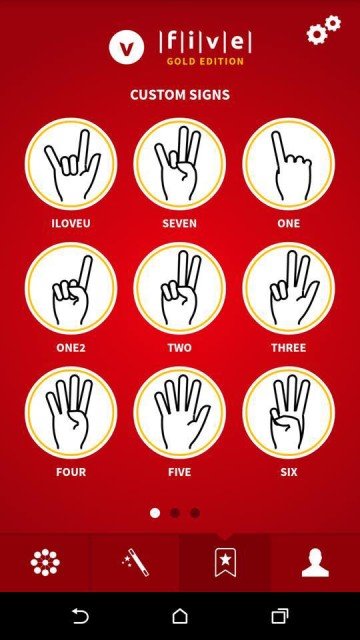
A screenshot of the sign language options on the mobile app, Five, geared for deaf users. (Mateusz Mach)
A mobile app developed by an 18-year-old high school entrepreneur in Poland is set to become a major missing link in communication for deaf people.
The app, called Five, allows deaf users to create a sign language for chatting and messaging on their smartphone or iWatch. While there are largely universal sign language standards for deaf people at international events, sign language is not uniform. Much like in the spoken language, there are hundreds of different sign language “dialects” around the world.
“Currently, there are no messaging apps for deaf people because I think that the majority of entrepreneurs don’t know about the problems of deaf people,” said Five CEO Mateusz Mach. “… Eighty percent of deaf people can’t read or write even the simple messages because they don’t hear the internal voice which you hear during reading of, for example, [a] book or magazine.”
There are several apps that help deaf users access information or get tactile alerts to sounds around them. Others use text-to-speech technologies to enable communication between deaf and hearing people. But Five is the world’s first sign language app created especially for the deaf.
Ironically, Five was conceived for a different reason. The original version started out as a messaging tool between friends and Hip-Hop music lovers. Mach, a Hip-Hop enthusiast himself, came up with the idea as a fun way to exchange hand signs similar to what Hip-Hop artists use. He took his cue from one-word messaging app Yo, which started out allowing users to message each other, well, the word “yo”. But the list of words is expanding.
“It was a messenger for my friends, for teenagers,” he told Techtonics. “I was quite inspired by the Yo ads … and basically it was a kind of messenger like Yo – really simple communication.”
The Five app, which is also one of the first messengers for the iWatch, didn’t get a whole lot of traction among the intended group of users. But then one day, Mach received a message from a hearing-impaired woman in the United States, thanking him for the signing app and asking him to expand on it for deaf users.

A screenshot shows Five’s Gesture Creator. The app allows deaf users to create their own string of words to use for communications. (Mateusz Mach)
“And thanks to her,” he said, “I was able to pivot and decide to prepare a version for the deaf people … because every country has its own sign language. And we are starting within five months with a new version in the United States.”
The current version is available for both Android and iOs smartphones. Mach said it already has more than 10,000 deaf users. “And we expect to have about 150,000 deaf users in the U.S. next year,” he said.
The app has caught the eye of the United Nations in New York. Mach was contacted and told that the U.N. “is interested in helping us with promotion of Five app in the U.S. after the [release] of the next version.”
Despite looming high school final exams, Mach was able to take his app to the next level. He secured $150,000 in venture capital funding – quite the feat for an 18-year-old. He said he is the youngest person in Poland to pull that off. The money went to hiring eight new people.
“I need sign language specialist interpreters,” he said. “And with the help of programmers, we are creating the next version of the app.”
Working with feedback from the deaf community, the team is fine-tuning the app for their needs. Given the “lack of a messenger for them in the past,” Mach said they “really appreciate the possibility of having one in the future.”
